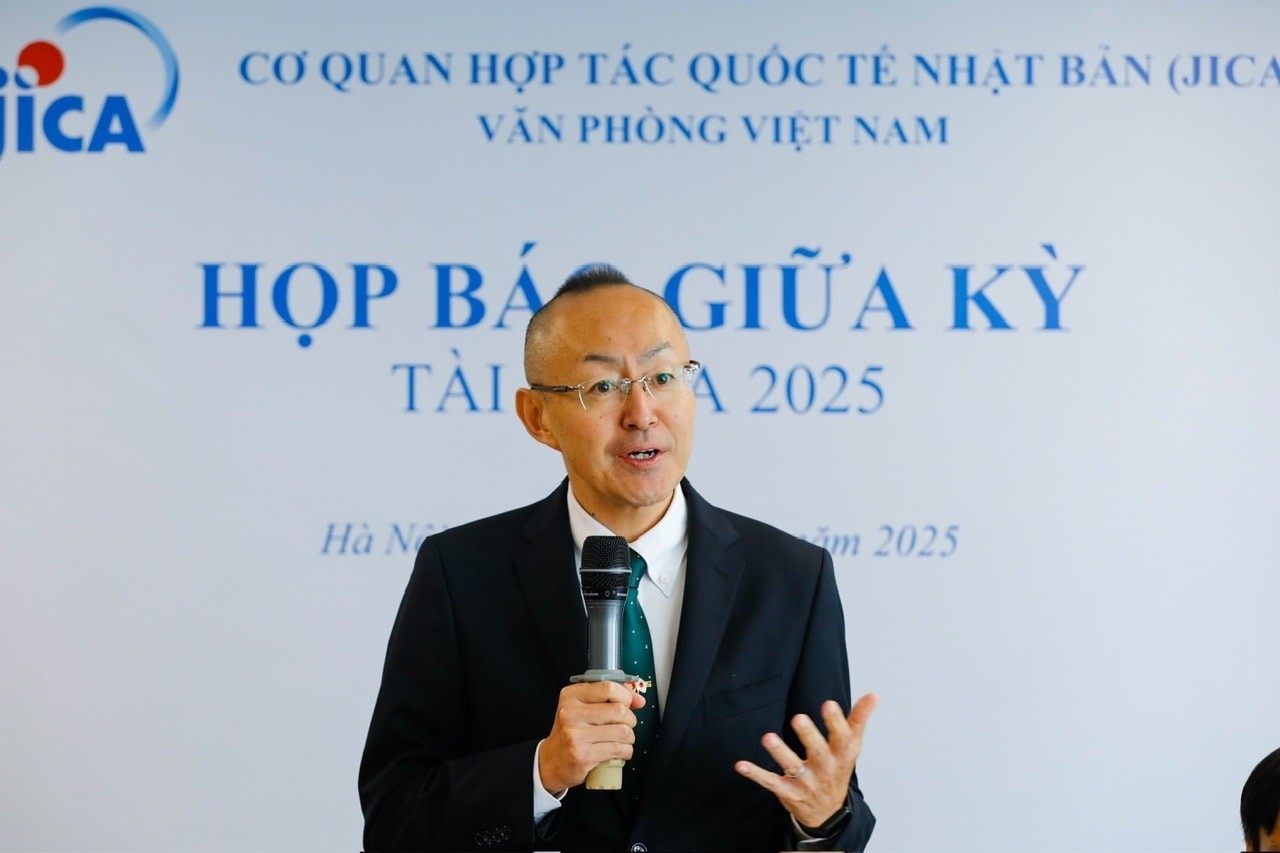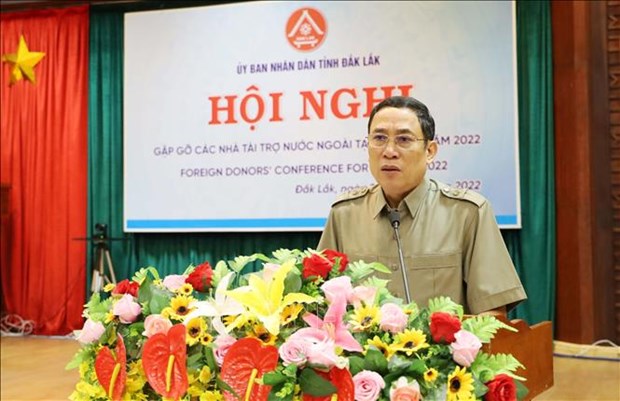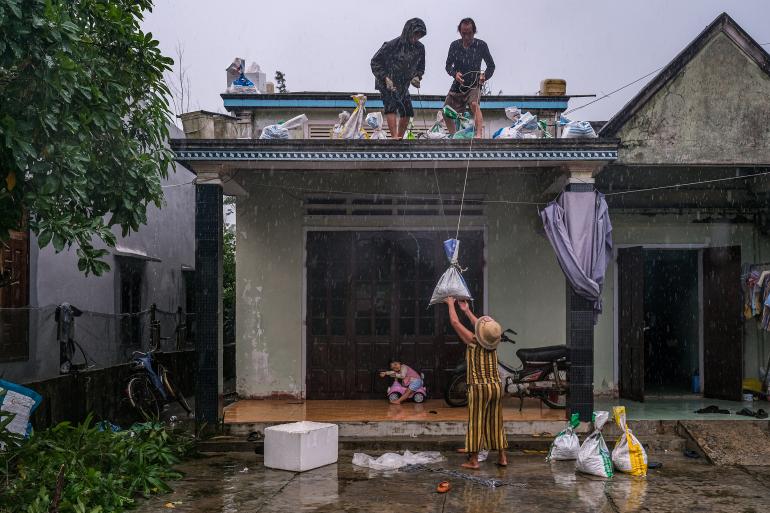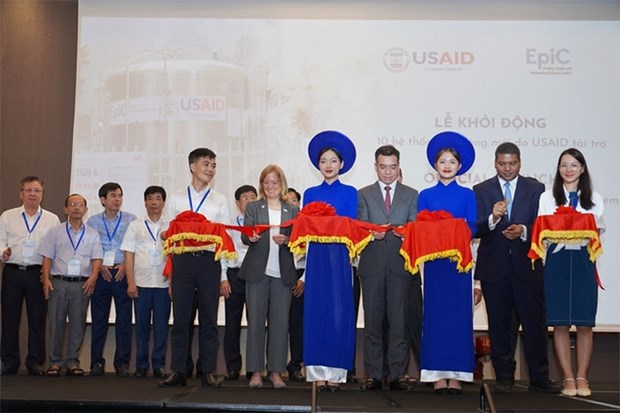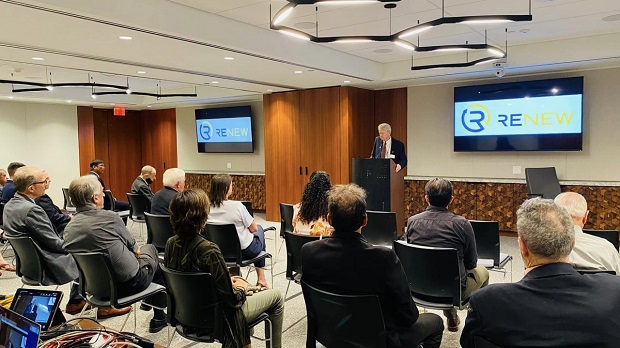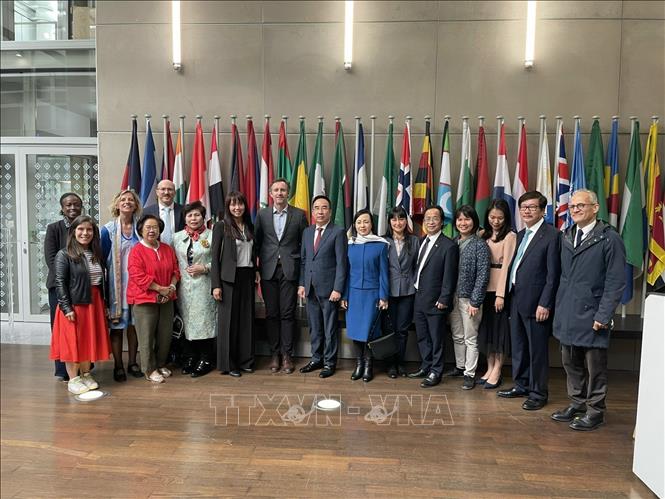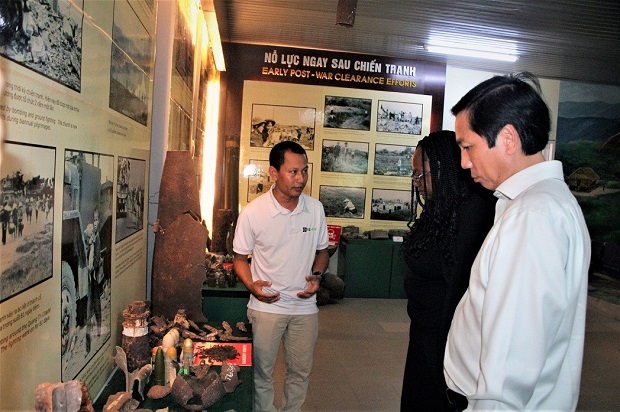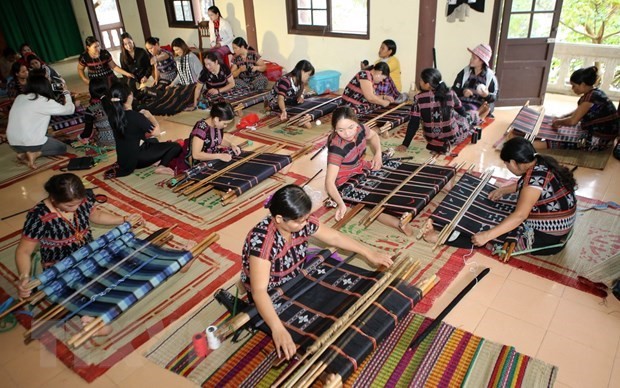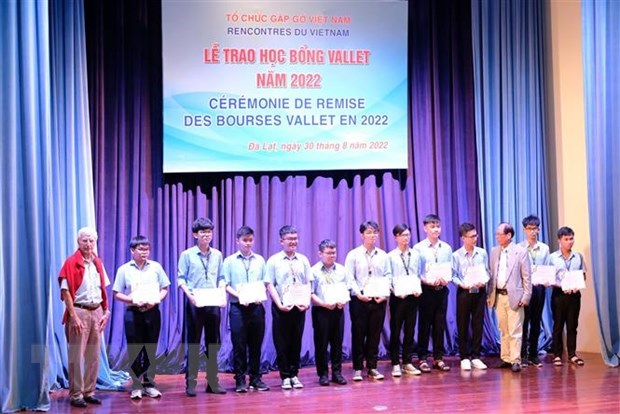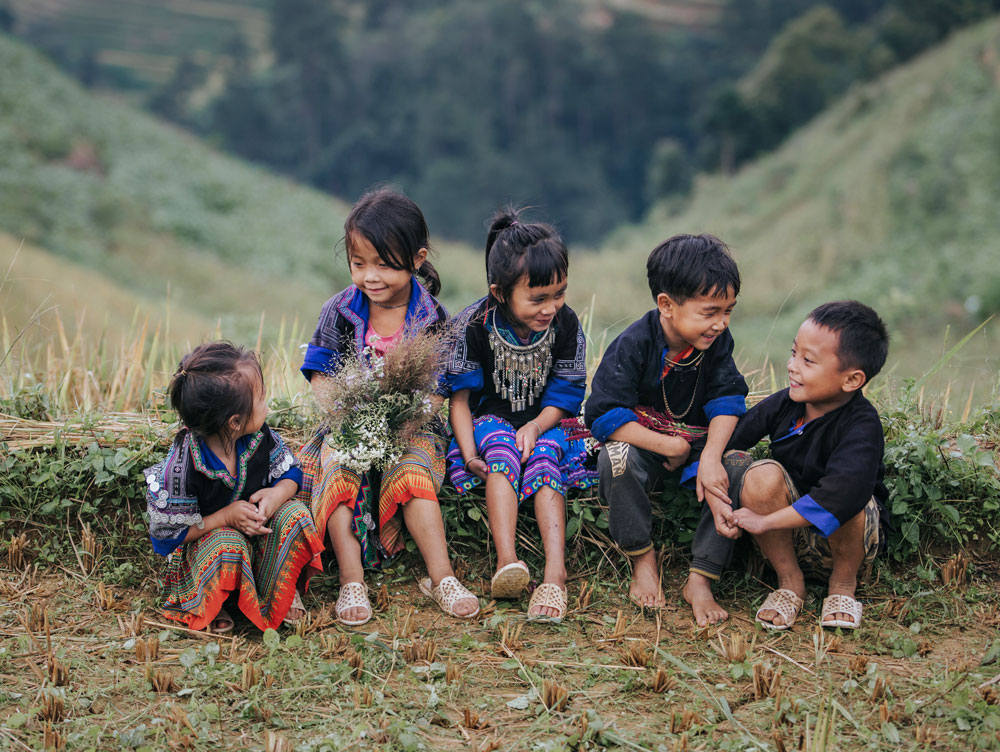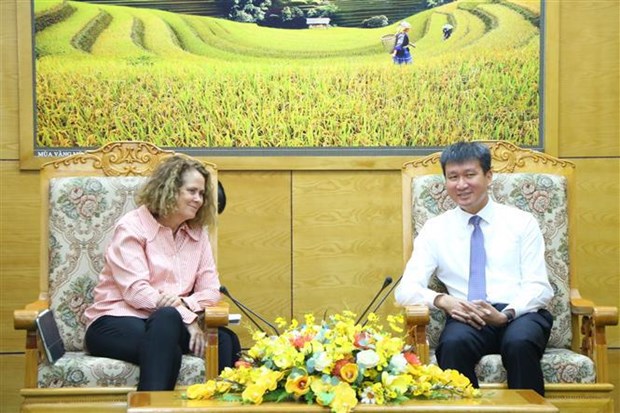A meeting took place in the northern mountainous province of Lai Chau on September 21 to review the local implementation of the Canadian-funded project “Advancing Women’s Economic Empowerment in Vietnam" (AWEEV), VNA reported.
 |
| Brian Allemekinders, head of the cooperation department at the Canadian embassy in Vietnam. Photo: VNA |
The hybrid meeting was jointly organised by the Lai Chau provincial People’s Committee, the Canadian Embassy and CARE International in Vietnam.
The nearly CAD-4.6-million (USD 3.4 million) project is expected to assist more than 2,600 ethnic minority women and men in six communes in Ha Giang’s Quang Binh district and three communes in Lai Chau’s Tam Duong district over a course of four years.
In Lai Chau alone, it has invested more than VND13 billion (USD 548,600) in the communes of Ban Bo, Then Sin, and Binh Lu. To date, nearly VND 1.9 billion (USD 80,100) of the sum have been disbursed.
As heard at the meeting, in the first year, the project focuses on completing its implementation plan and related studies in the province.
The second year will see the building of a sustainable tea production model and non-tea livelihood models. The project will work on reducing gender burden and inequality regarding unpaid care and housework; and establish three networks to support poor people, rural residents and ethnic minorities.
Brian Allemekinders, head of the cooperation department at the embassy, said AWEEV aims to promote economic rights especially for poor women in rural and ethnic minority areas in Vietnam; and increase women's participation in paid economic activities.
Le Kim Dung, head of the CARE International in Vietnam, said CARE always listens to the opinions of partners during the implementation process to integrate government and local resources, programmes and projects for facilitating project activities.
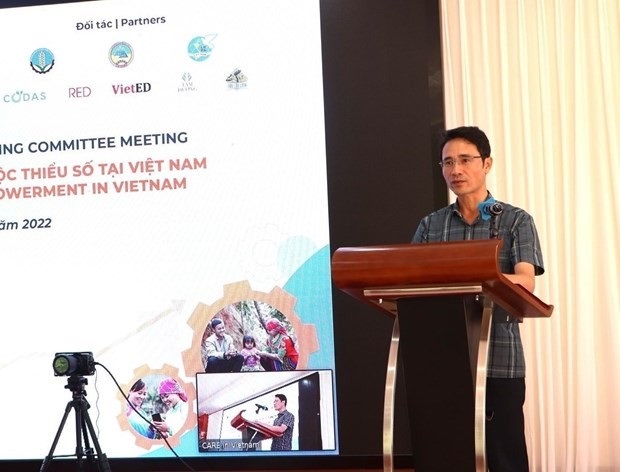 |
| Vice Chairman of the Lai Chau People’s Committee Ha Trong Hai. Photo: VNA |
Vice Chairman of the provincial People’s Committee Ha Trong Hai said the local authorities are committed to implementing the project for the best results.
Although Lai Chau has achieved certain results, it is still a mountainous province with many difficulties and unfavorable socio-economic conditions, he said. The lives of people, especially ethnic minorities, are still difficult. In the socio-economic and family fields, women are playing an important role. But still have to take on a lot of other family work and face barriers of gender stereotypes in participating in other social and economic activities.
In order for the implementation of the AWEEV project to ensure the progress according to the construction plan, the Provincial People's Committee wishes that CARE will coordinate well with its partners, actively implement activities, and contribute to improvement. economic life for poor rural women, especially ethnic minority women.
At the meeting, the delegates spent time to focus on discussing, participating in many opinions, proposing a number of contents to effectively implement the project, bringing practical benefits to the community, especially ethnic minorities women and poor rural women.
AWEEV is designed in line with the International Women’s Rights Support Policy (FIAP) of Canada’s Department of Global Affairs (GAC). The design is underpinned by a rights-based approach to address gender inequality among Vietnam’s poorest and most marginalized women.
In addition, AWEEV's research will be shared directly with state agencies that manage socio-economic development interventions in ethnic minority and mountainous areas. These findings will contribute practical evidence to the implementation plans.
Long Pham / Thoidai

